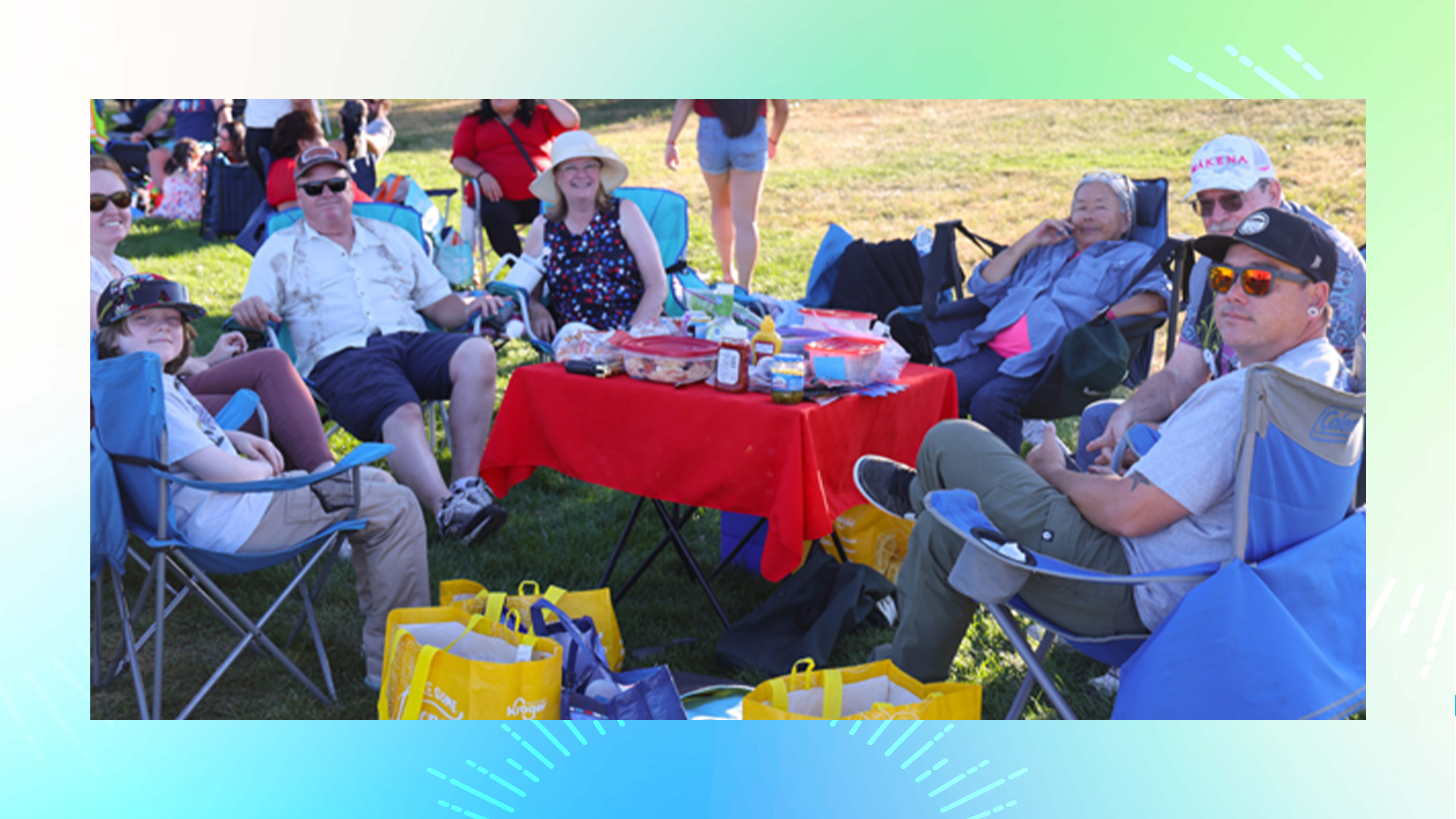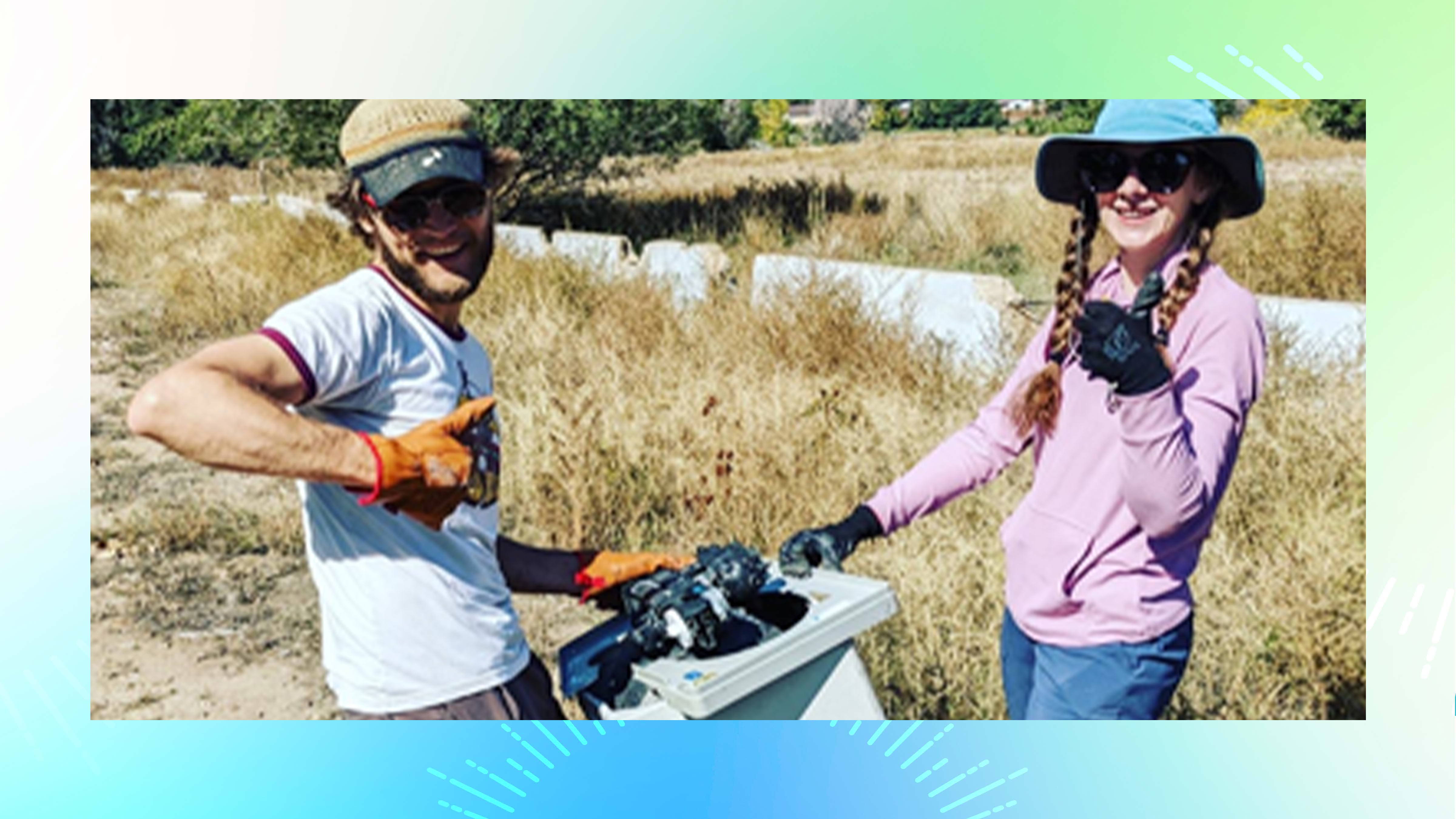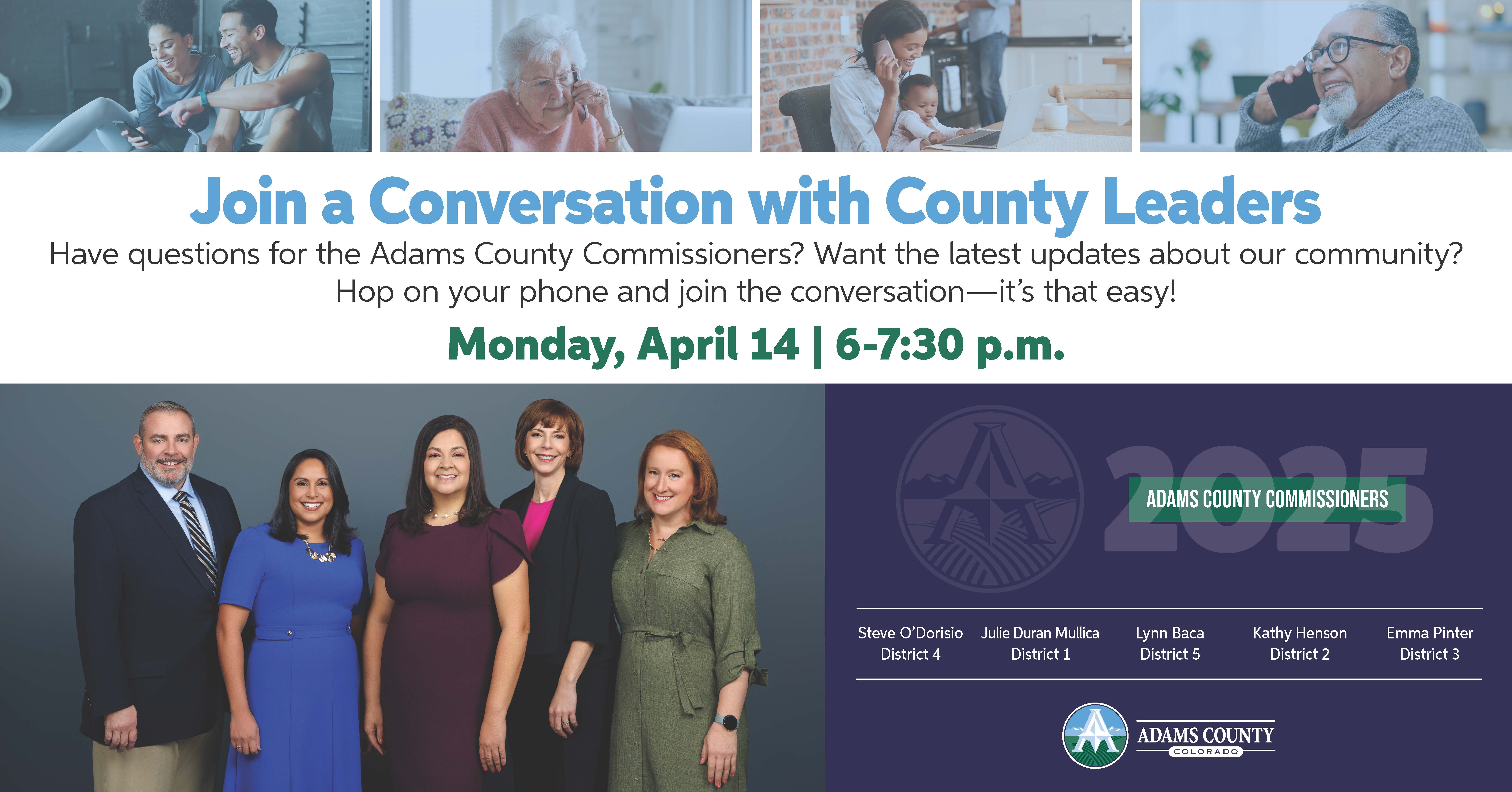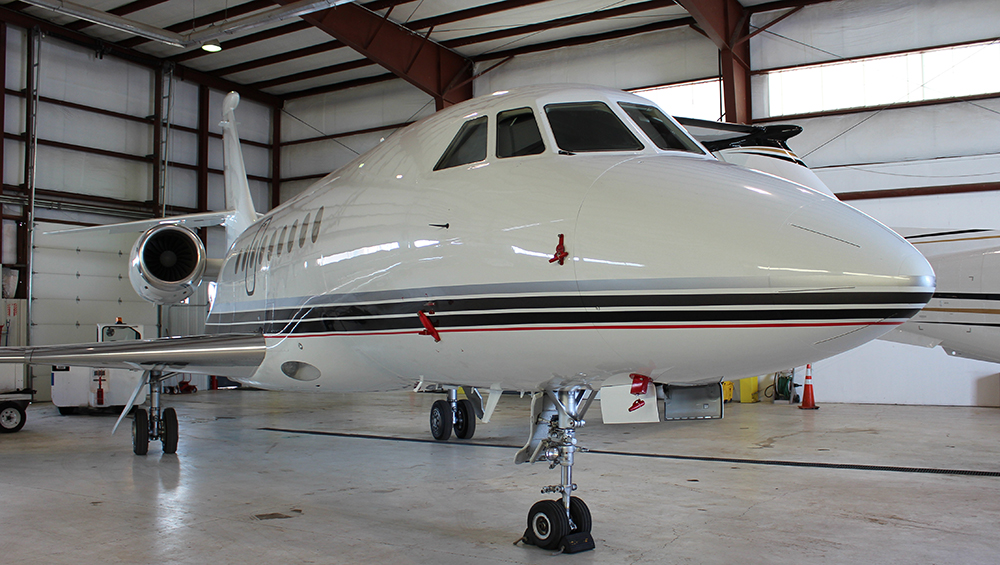
Join the SPARC Team for a virtual info session to learn about the Resilient Neighborhood program and how Adams County can help fund and support your community projects and events! Register Here.
Program Overview & Priorities
Application & Project Process
Fund Categories & Criteria
Application Scoring Rubric
Frequently Asked Questions
Glossary & Contact Information

The Neighborhood Community Fund provides resources for residents and community groups in Adams County to create projects, events, and initiatives that strengthen neighborhoods, foster connections, and address community needs. This program is designed to support local ideas and empower neighbors to work together to make a positive impact.
Successful projects will align with one or more of the program’s priority areas:
- Connection & Belonging: Initiatives foster a sense of community by creating opportunities for neighbors to connect, socialize, and build a welcoming, inclusive atmosphere.
- Enhanced Physical Appearance of the Neighborhood: Initiatives improve the visual appeal of the neighborhood through beautification efforts or upgrades that enhance the area’s overall look and feel.
- Sustainability & Resiliency: Initiatives support environmentally friendly practices or increase the neighborhood’s resilience to challenges.
- Community Engagement & Service: Initiatives encourage active involvement and volunteerism within the neighborhood, promoting a culture of giving back and working together to address community needs and improve quality of life.
General Funding Eligibility Requirements
- The applicant is a resident or property owner in Adams County or partnering with an Adams County resident or property owner.
- Use this search tool to check if you live in Adams County.
- The event or activity for which funding is requested is scheduled to take place at least six weeks after the application submission date.
- The proposed initiative does not include funding for religious activities, political campaigning, businesses, improvements to private property, or personal events.


- Step One – Apply: Submit your application at least six weeks prior to the proposed project or event. Review the application questions and requirements before you complete your official application.
- Step Two – Notification of Funding: The review committee meets the fourth Wednesday of each month. They review all applications and will notify you of your funding status via email within 3 business days.
- Step Three – Request Funds or Purchase Materials: Approved projects can receive funding by either completing a W-9 Vendor Form with the county and receiving a check for the awarded amount, or by providing a list of requested materials for the SPARC Team to purchase. Please allow at least two weeks for the check to be received or materials to be purchased*.
- Step Four – Project Implementation: Complete the approved project or event within six months of funding approval. The SPARC Team is available for project support as needed.
- Step Five – Post-Project Evaluation: Complete the Post-Award Evaluation Form with photos from the activity and a feedback survey within two weeks after the project is completed.
*Before funds or materials are disbursed, applicants must demonstrate readiness to complete the project as proposed, such as an invoice, confirmed event date, or other documentation showing the project is on track.
To apply, click here.
The SPARC Team can provide support on your application if you have questions, email sparc@adcogov.org for help.

Community Event
- Funding up to $400.
- Supports neighborhood and community gatherings in partnership with established neighborhood groups or community-based organizations.
- Examples: Block parties, clean-up events, and other activities that build connections among residents.
- Criteria: Established neighborhood groups, homeowner associations, local school, non-profits or other 501(c)(3) organizations are eligible to apply. Groups of neighbors interested in hosting an event but lacking formal organization status must partner with an eligible organization to apply for funding. If you need support to find a partner organization, please contact the SPARC Team at sparc@adcogov.org.
Neighborhood Experience

- Funding up to $800.
- Supports larger-scale events that engage the whole neighborhood.
- Examples: Festivals, sports tournaments, workout classes, volunteer workdays, fun runs, group CPR trainings, etc.
- Criteria: Applicants must demonstrate community support by providing the names and addresses of at least three additional individuals in their area in Adams County who will volunteer to organize or run the event or project.
Capacity Building and Organizing
- Funding up to $1,000.
- Supports the development and formalization of neighborhood groups and grassroots initiatives to strengthen community leadership and long-term sustainability.
- Examples: 501(c)(3) registration fees, professional or leadership development training, website development, meeting space reservations, etc.
- Criteria: Applicants must demonstrate community support by providing the names and addresses of at least three additional individuals in their area in Adams County who will serve as a committee to oversee and implement the programming.
- Applicants are also encouraged to include funds for capacity-building training, such as membership to the Colorado Nonprofit Association, in their request. This membership costs $150 annually, for reference.
Neighborhood Project
- Funding up to $3,000.
- Supports neighborhood projects that address community needs with lasting benefits.
- Examples: Community garden, Little Free Mini Libraries, neighborhood dump day, painted sidewalk crossings, small landscaping projects, enhancing shared community spaces, etc.
- Criteria: Applicants must show broad neighborhood support for the project by providing one of the following: signatures from residents expressing interest, meeting minutes from a neighborhood discussion about the project, or a letter of support from a neighborhood organization or homeowners association.

The four core categories are scored on a scale of 0-3, where 0 means it does not meet requirements and 3 means it fully meets or exceeds requirements. An application must receive an average score of at least 9 from the review committee to be funded and cannot receive a score of 0 in any of the four core categories.
- Community Impact
A top-scoring application will clearly demonstrate the positive impact the project will have on the neighborhood or community. It should showcase how the project addresses a meaningful need or opportunity in the community. - Promotion of Priority Areas

To receive a high score, the project must strongly promote at least one of the following priority areas:- Connection & Belonging: Initiatives foster a sense of community by creating opportunities for neighbors to connect, socialize, and build a welcoming, inclusive atmosphere.
- Enhanced Physical Appearance of the Neighborhood: Initiatives improve the visual appeal of the neighborhood through beautification efforts or upgrades that enhance the area’s overall look and feel.
- Sustainability & Resiliency: Initiatives support environmentally friendly practices or increase the neighborhood’s resilience to challenges.
- Community Engagement & Service: Initiatives encourage active involvement and volunteerism within the neighborhood, promoting a culture of giving back and working together to address community needs and improve quality of life.
- Shows Broad Community Support
The best applications will demonstrate robust support from community stakeholders, including neighbors, local businesses, HOAs, or other groups with a vested interest. Support should be demonstrated through letters, petitions, meeting minutes, or volunteer commitments showing engagement and approval from the community. - Project Details
Strong applications will provide thorough and organized details, including:- A clear maintenance or sustainability plan for the project.
- Comprehensive site information, including photos or maps as appropriate.
- A detailed project timeline with realistic deadlines.
- A complete project budget, with quotes or estimates from vendors or contractors, clearly identifying the portion funded by this grant if part of a larger initiative.
- Unincorporated Adams County Location
Projects located in unincorporated Adams County will receive an extra point. See if your project is in an unincorporated area using this search tool. - First-Time Group or Resident Applicant
Projects from a first-time group or resident applicant for that year will receive an extra point.
Get started on your application here.

- Who is eligible to apply for this program?
- Applicants must be residents or property owners in Adams County. Organizations can also apply if they partner with an Adams County resident or property owner for a community event.
- What is the maximum amount of funding I can request?
- The amount depends on the funding category.
- Community Event: Up to $400
- Neighborhood Experience: Up to $800
- Capacity Building and Organizing: Up to $1,000
- Neighborhood Project: Up to $3,000
- The amount depends on the funding category.
- Can my neighborhood group apply for more than one grant per year?
- Yes, your group can apply multiple times in a calendar year. However, the maximum amount of funding any one neighborhood group can receive annually is $3,400.
- How will I receive the funding if approved?
- There are two options for receiving funding:
- Check: Complete a W-9 Vendor Form with the county to receive a check for the awarded amount. Please note that amounts over $600 may be taxed.
- Materials: Provide a list of requested materials, and the SPARC Team will purchase them for you.
- Before funds or materials are disbursed, applicants must demonstrate readiness to complete the project as proposed, such as an invoice, confirmed event date, or other documentation showing the project is on track.
- There are two options for receiving funding:
- Can I buy anything I want with Neighborhood Community Fund awards?
- No. Funds cannot be used for:
- Alcohol
- Religious activities
- Political campaigning
- Businesses
- Improvements to private property
- Personal events
- No. Funds cannot be used for:
- How often are applications reviewed?
- Applications are accepted on a rolling basis and reviewed monthly. The review committee meets on the fourth Wednesday of each month. You can expect to receive a response to your application within 3 business days following the committee meeting.
- Do I need to do anything after the event or project is completed?
- Yes, applicants are asked to complete the post-award feedback form and provide photos of the activity within two weeks after the project is completed.
- Can my neighborhood receive funding for an activity or event that happened in the past?
- No. The funding is only available for upcoming projects and events.
Start working on your application today by clicking here.

Community-Based Organization (CBO): A group that helps people in a specific area by providing services, support, or programs. These organizations focus on improving the lives of community members by working on issues like education, health, housing, or job training. They are usually non-profits.
Homeowners’ Association (HOA): A non-voluntary group of homeowners who live by a set of bylaws and regulations. HOAs are often initially established by a developer to help maintain the quality of a neighborhood and pay for additional infrastructure improvements. These groups pay a monthly fee and usually meet regularly.
Neighborhood Association: A neighborhood association is formalized by creating the following documents: mission, values, and by-laws. These groups often have a formalized leadership structure within the group and possibly accept dues to support community events.
Neighborhood Group: A voluntary group of neighbors who act as one to preserve and improve their neighborhood. This group may choose to respond to concerns or provide input to county processes that provide benefits and improvements to their neighborhood.
Resident: An individual who lives within Adams County on a long-term basis.
Unincorporated Adams County: Parts of Adams County that are not governed by a city or town, including the communities of Henderson, Strasburg, Watkins, and many other smaller communities throughout the county. Check if you live in an unincorporated part of the county on this search tool.
W-9 Vendor Form: A tax document required by the county to process payments to individuals or organizations receiving funds to verify their eligibility as a vendor and ensure compliance with tax regulations.

Do you have questions about the Neighborhood Community Fund, or Adams County’s Resilient Neighborhoods program? Visit sparc.adcogov.org/resilient-neighborhoods or email sparc@adcogov.org.



